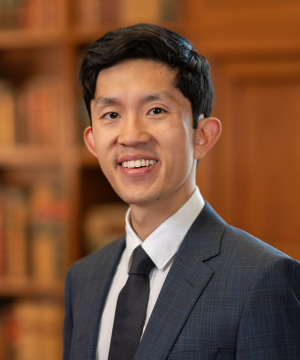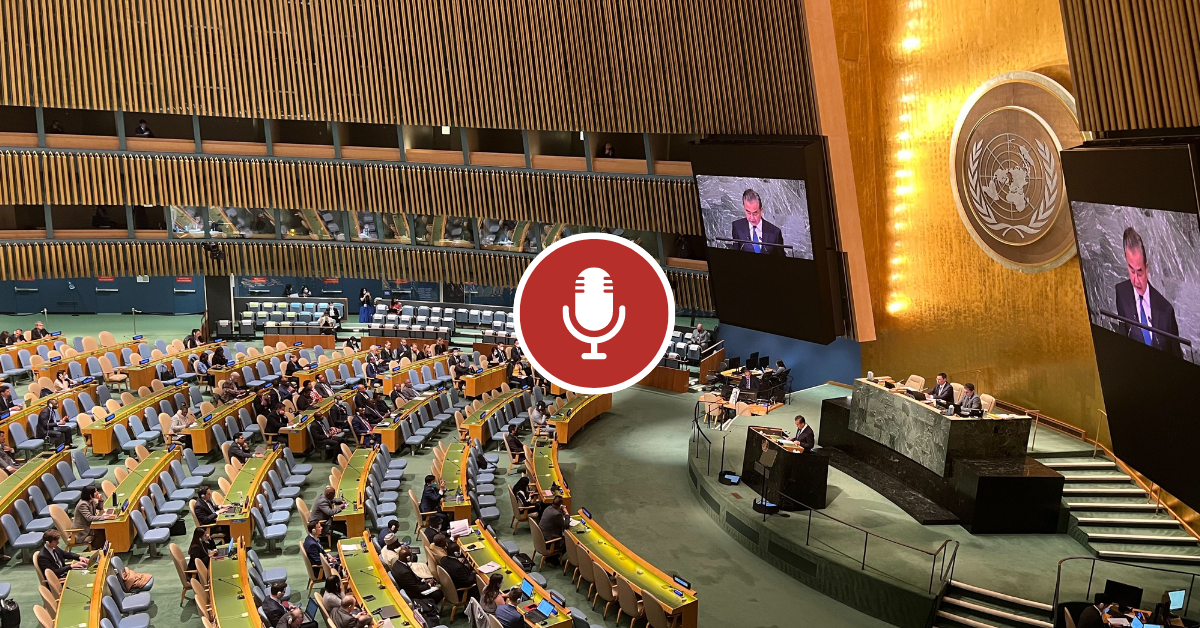China was able to broker a historic global security agreement between Saudi Arabia and Iran, changing not only the Middle East’s regional dynamics, but also China’s position on the global diplomatic stage. China performs a balancing act between being a responsible stakeholder in world affairs, including the Russia-Ukraine and Israel-Hamas wars, and upholding its value of non-interference in other countries’ politics. Why is China positioning itself as a global peace broker and conflict mediator? What does this position say about China’s national trajectory and its relationship with the United States?
What’s are the advantages of China positioning itself as a global peace broker and conflict mediator? What does this position say about China’s national trajectory and its relationship with the United States? Preston Lim joined the National Committee on May 6, 2024 to discuss the diplomatic goals and national strategy of China’s engagement in global conflicts and resolutions.
Speaker

Preston Lim
Preston Jordan Lim is an assistant professor at Villanova University Charles Widger School of Law, where he teaches international and constitutional law. He also serves as a Fellow with the Penn Project on the Future of US-China Relations. He previously clerked for the Justices of the Court of Appeal for Ontario and Chief Justice Richard Wagner of the Supreme Court of Canada. Preston’s research examines China’s relationship with international human rights law as well as Sino-Canadian relations. He also has worked as policy advisor to the Honorable Erin O’Toole, then Foreign Affairs Critic in the Parliament of Canada, and as counsel to a participant before Canada’s Public Inquiry into Foreign Interference in Federal Electoral Processes and Democratic Institutions. He holds a J.D. from Yale Law School, where he was a student director of the Paul Tsai China Center.
